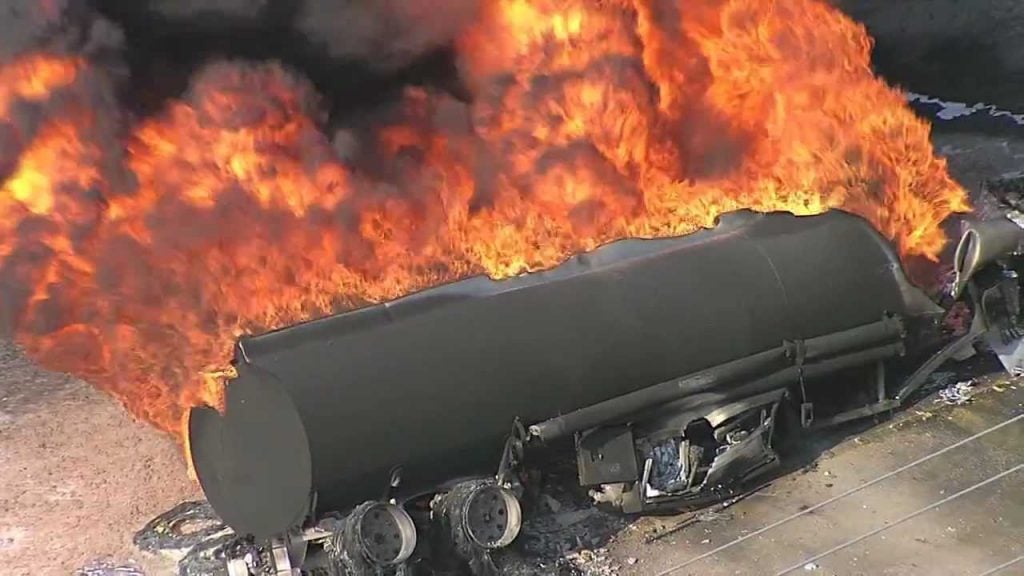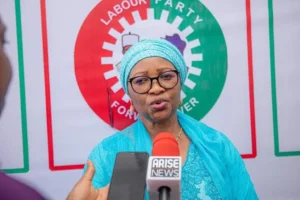The Nigerian government and the National Association of Road Transport Owners (NARTO) are at odds over a new proposal to ban petroleum trucks with a capacity of 60,000 liters from federal highways.
The government believes that limiting the size of petrol tankers will reduce accidents and fatalities, but transporters argue that such a move could lead to massive financial losses.
At a stakeholders’ meeting in Abuja on Wednesday, the Nigerian Midstream and Downstream Petroleum Regulatory Authority (NMDPRA) suggested restricting petroleum trucks to a maximum capacity of 45,000 liters.
This proposal aims to curb the rising number of tanker explosions, which have claimed 493 lives in the last three years.
Farouk Ahmed, CEO of NMDPRA, shared alarming statistics about these tragic incidents. The number of deaths from petrol tanker explosions has been increasing:
- 2022 – 7 deaths
- 2023 – 24 deaths
- 2024 – 341 deaths
- 2025 (so far) – 121 deaths (in just two months)
Ahmed stressed that these incidents are unacceptable and must be prevented. “This year alone, we have already recorded five tanker accidents, leading to 121 deaths and 79 injuries. These tragedies must be reduced to zero,” he said.
He also warned that petroleum transporters must follow safety regulations strictly. “It is unacceptable for any operator to conduct business while ignoring safety protocols,” he added.
Despite the government’s safety concerns, NARTO strongly opposes the proposed ban, arguing that it would cause severe financial losses.
NARTO President Yusuf Othman explained that many transporters had invested heavily in 60,000-liter trucks, which cost about N150 million each.
With around 2,000 of these trucks in operation, the total investment in this sector is estimated at N300 billion.
“Many of these trucks were financed by banks and other lenders,” Othman pointed out. “A ban on 60,000-liter trucks would not only affect transporters but also create financial challenges for those who funded these investments.
The proposed restriction has sparked a debate on how to balance road safety with business interests.
While the government aims to reduce fatalities, transporters are concerned about the economic impact of such a policy.
As discussions continue, the question remains: Will the government move forward with the ban, or will they find a middle ground with transporters?







